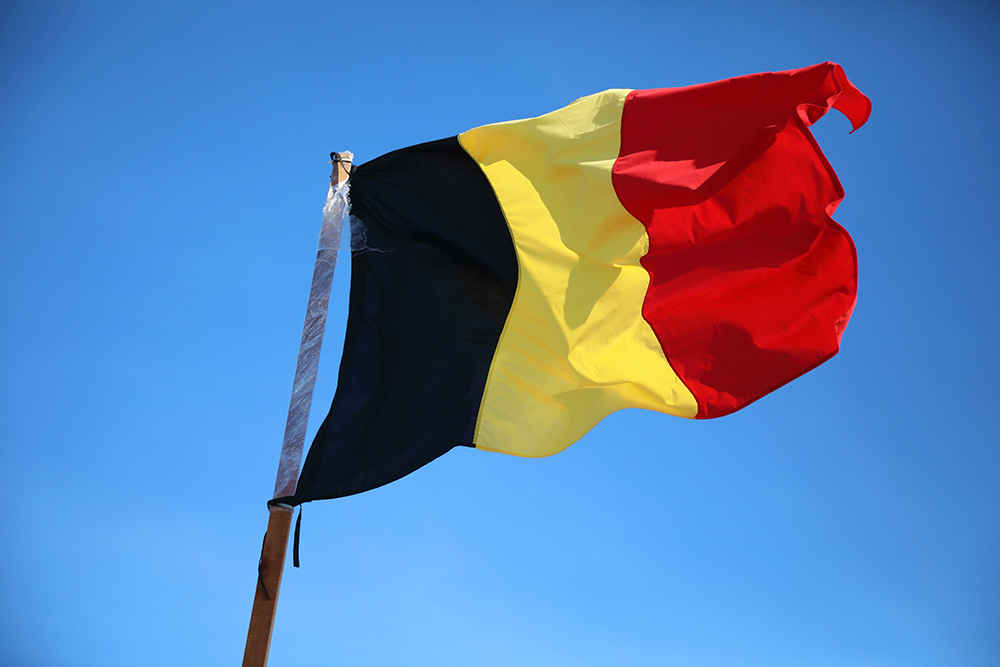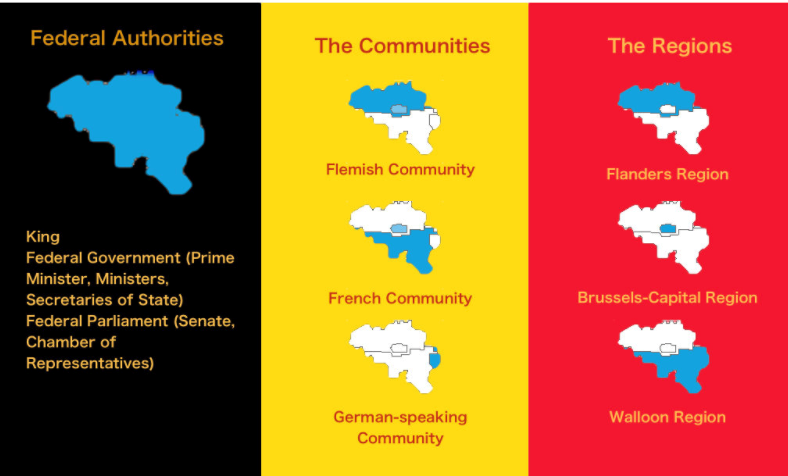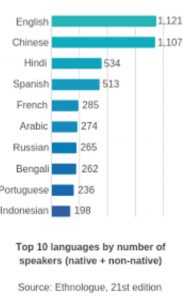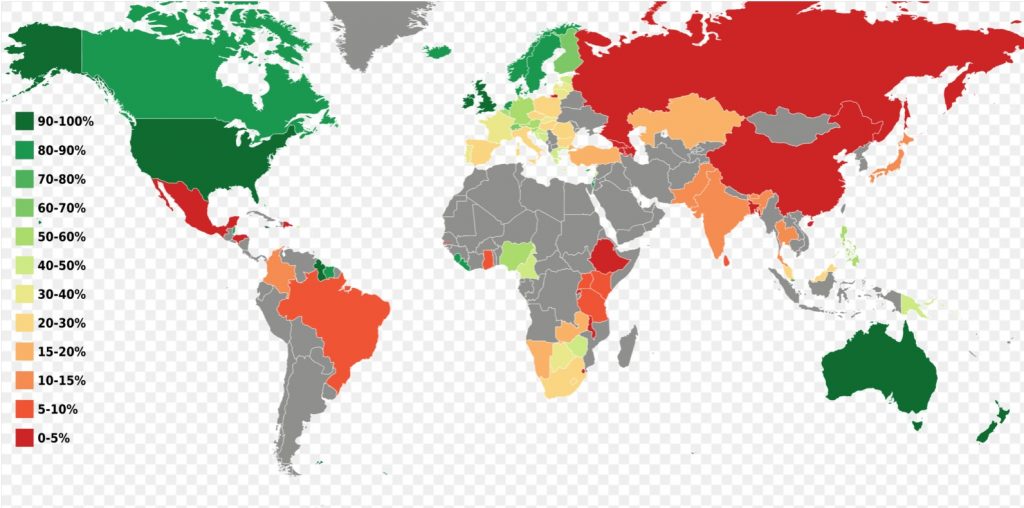In WimLearn this week, Imogen in Year 10 looks at the secret to becoming timeless, looking at the story of Helen of Troy through different historical periods.
It is uncertain if Helen of Troy ever lived, and yet nearly 3000 years after she first featured in Homer’s epic, the Iliad, she remains infamous – her story and reputation timeless. Set in the final year of the bitter Trojan war, the Iliad tells a legendary tale and includes characters both mortal and immortal. Although appearing only a handful of times, the portrayal of Helen is a striking one.
“No blame that the Trojans and strong-greaved Achaeans
have suffered so long on account of such a woman;
terribly does she seem like the immortal goddess to look on.”(3.156-158)
At this point in the poem, Helen herself has not even spoken, but already has been pegged as almost divine in her beauty as well as having the blame for the brutal war placed upon her.
The strange thing is that once this claim was made, Homer neglected to elaborate further. She was supposedly the most beautiful, but no specific features are described, instead leaving it to the imagination. But deliberate or not, employing such a fluid image was a powerful choice, as after all beauty is so subjective. This ambiguity is appealing to the masses, since by allowing the individual to tailor their own perception of her, she can truly become the most beautiful in their eyes.
In a way the Iliad revolves around Helen, but Homer did not require her so much as a character, but more as the ultimate prize – compelling and beautiful, but nonetheless a possession. As a result, her personality is vague, with the little dialogue she has simply presenting her as wracked with regret. One of the first things she says is, “How I wish I’d chosen evil death.” (3.173) Her words are used just to support her reputation, for the more she blames herself for the sufferings of the war, the more the reader dwells on the part she played.
There is something so intriguing about being called the most beautiful woman in the world and yet wishing for death. That, coupled with a lack of detail regarding her personality and background, is what most likely led other writers to continue it, resulting in contradictions and strange embellishments to her tale. For example, in Euripides’ play Helen, she was told to have been born from an egg – peculiar, but it is thought that this was accepted by the Ancient World. And Helen had become so famous that not one, but two different places in Greece, Sparta and Athens, each paraded an eggshell and claimed it was the very eggshell from which she was supposedly born.
Regardless, it seems much of her acclaim stemmed from those in Ancient Greece. Although details like the timeframe, scale and Helen’s involvement in the war are debatable, many historians believe some kind of Trojan war did actually take place. Assuming one did, the aftermath of it would have brought many exaggerations and tales, due to war being a quick path to glory. These would have served to make the war even more renowned, simply adding to her considerable reputation – the greater and more terrible the war was, the more worthy the cause must have been. And had she existed, very few people would have seen her in person, resulting in speculation which was just another factor inflating her stature. For although some would scorn her alleged behaviour, many had genuine faith in her, or at least her beauty. A cult dedicated to her even sprung up across Greece, just like one would have been created for deity.
But how did the myth of Helen survive long after the Ancient Greek’s demise? Her status was not just maintained orally but would have also been displayed in more tangible ways like her appearing in writings, art and architecture, all of which outlived the people. They helped preserve her story, but ultimately it speaks for itself. Even for Greek mythology the tale was unique, and so it was embraced widely by other civilisations. Around 800 years after the Iliad she briefly appears in Roman writer Virgil’s Aeneid. Her story continued to be told even once the gods in it were discarded in favour of other religions like Christianity – somehow in early Middle Ages Helen began to be taken as almost an equivalent temptress to Eve. Skip a few centuries and the Elizabethan playwright Marlowe had coined a catchphrase for her – ‘Was this the face that launched a thousand ships?’ Even today, she continues to be a source of interest, inspiring more literature and films.
Therefore, what is the secret to becoming timeless? With Helen, there does not seem to be a single factor which can be isolated. Perhaps one could argue it was her iconic story, with her being beautiful enough for thousands of men to die over. But this alluring beauty is also reliant on speculation and mystery – all-important as a fixed image of her would never align with every individuals’ opinion. And so this opens up an important question: could there ever be another woman considered to be the most beautiful in the world? Nowadays, technology would undermine any such claim by eliminating this key element of mystery. Yet this is not necessarily a negative thing. Helen may be a timeless figure, but in the end being beautiful and famous brought her a sad life. The first time she speaks she begs for death, and in the Odyssey by the time she is back at Sparta she has resorted to putting herbs in her wine; essentially drugging herself against her grief. She seems broken – would anyone want to be timeless if that is the price?














